CNC Machining Australia: Manufacturers & Industry Guide
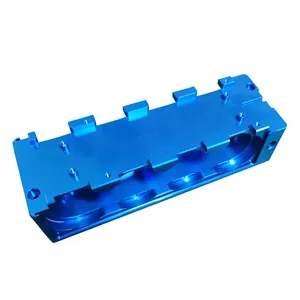
Part 1: Market Size and Growth
CNC machining in Australia is growing as industries demand high precision and reliable components. I have seen how aerospace, mining, and medical companies push manufacturers to adopt advanced CNC technologies. Automation and digital manufacturing are no longer optional but necessary for survival.
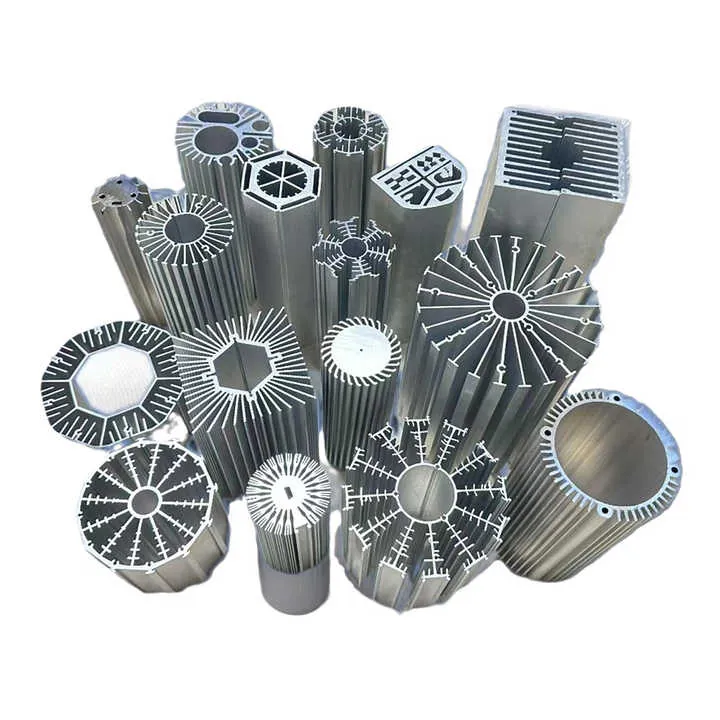
The Australian CNC machining market serves both domestic industries and export customers. Applications include aerospace tooling, mining equipment, and medical implants. Australian manufacturers are focusing on high-value, low-volume parts where precision matters most. This keeps them competitive despite higher local labor costs.
Policies and investments also drive change. Government support for defense projects and local manufacturing helps build demand for CNC machining. Industry clusters in Victoria, New South Wales, and Queensland provide skilled labor and technology networks, making Australia a serious player in advanced manufacturing.
Part 2: Leading Companies
Sutton Tools
Sutton Tools was founded in 1917 in Victoria and has grown into a major precision tools and machining company.
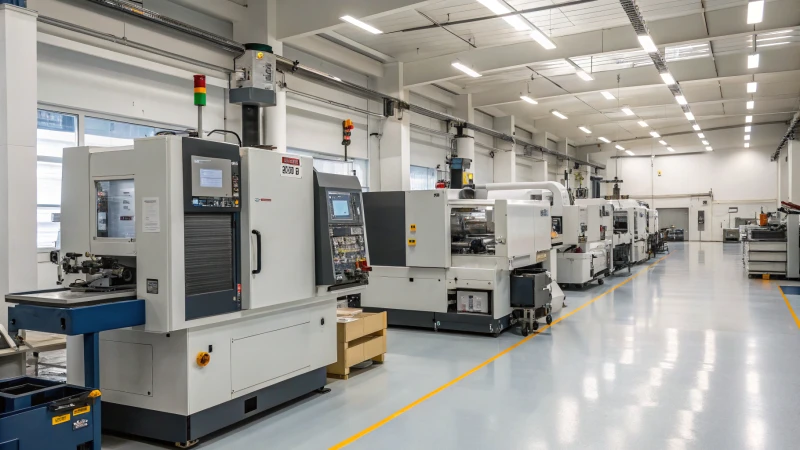
The company provides cutting tools, CNC machining services, and high-precision grinding. Its products are widely used in aerospace, defense, and automotive. Sutton Tools is recognized for its R&D focus and global reach.
It mainly serves aerospace, automotive, and general engineering. Its innovations include custom tool design and advanced coatings. Certifications include ISO 9001 and aerospace-specific standards.
Amiga Engineering
Amiga Engineering, based in Melbourne and founded in 1988, is a pioneer in combining CNC machining with additive manufacturing.
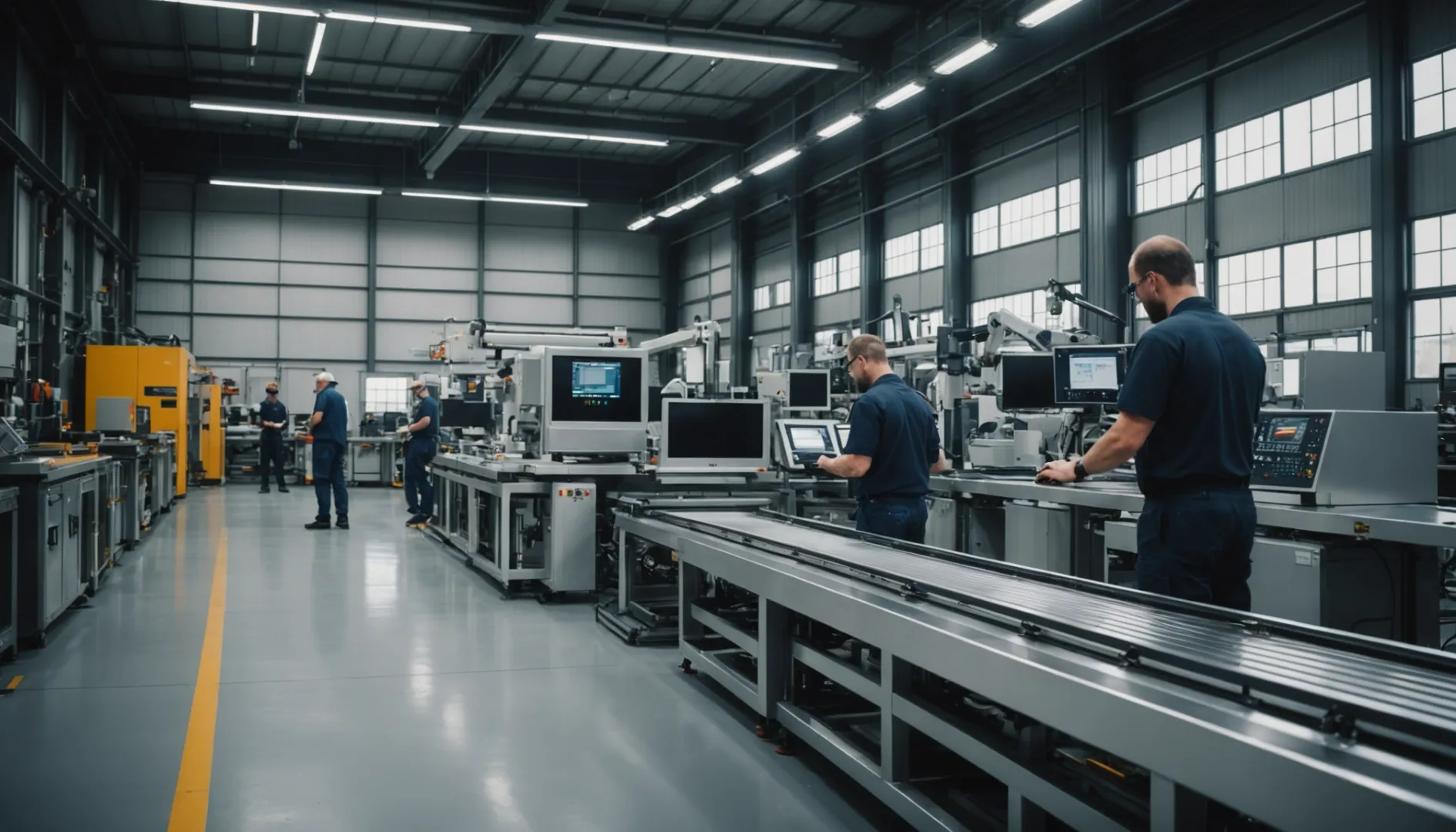
The company produces CNC-milled and turned components for defense, oil, gas, and aerospace. Its hybrid model allows both 3D printing and traditional machining under one roof. This flexibility makes it stand out in the Australian market.
Amiga serves defense, mining, aerospace, and medical industries. Its technical strength lies in large-scale machining and metal 3D printing. It has gained defense-related certifications, including ISO 9001.
Hargo Engineering
Hargo Engineering, founded in 1976 in Melbourne, is a precision CNC machining specialist with a strong reputation in defense and aerospace.
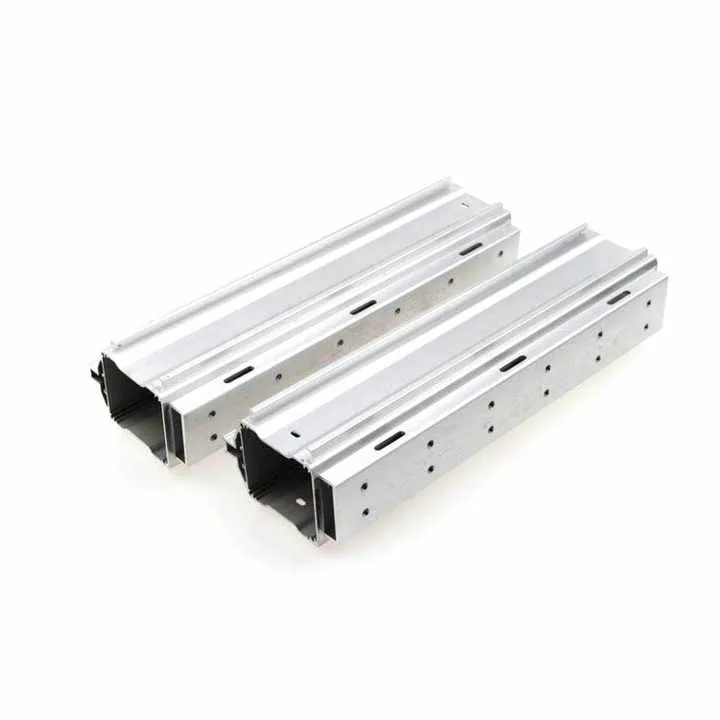
The company offers CNC milling, turning, and prototyping services. Its projects include defense equipment, aircraft components, and high-tolerance parts. It focuses on delivering critical components under strict quality standards.
Hargo mainly serves defense, aerospace, and medical industries. Its highlights include precision in small-batch production and investment in multi-axis machining. Certifications include AS9100 for aerospace.
| Company | Founded | Core Products | Industries | Certifications |
|---|---|---|---|---|
| Sutton Tools | 1917 | CNC machining, precision tools | Aerospace, Automotive, Engineering | ISO 9001 |
| Amiga Engineering | 1988 | CNC + additive manufacturing | Defense, Mining, Aerospace | ISO 9001 |
| Hargo Engineering | 1976 | CNC milling, prototyping | Defense, Aerospace, Medical | AS9100 |
Part 3: Trade Shows and Industry Events
Australian Manufacturing Week (AMW)
Australian Manufacturing Week is the nation’s largest advanced manufacturing event, hosted in Melbourne and Sydney.
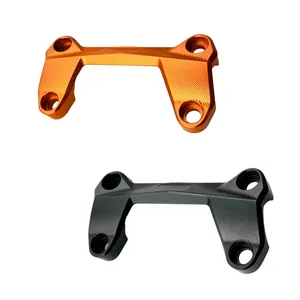
The show covers CNC machining, robotics, and digital tools. I was impressed by how many Australian firms used AMW to showcase local innovations and network with global suppliers. It attracts engineers, buyers, and industry leaders.
Land Forces Expo
Land Forces Expo is Australia’s biggest defense industry exhibition, held in Brisbane. It plays a crucial role for CNC machining firms supplying defense projects.
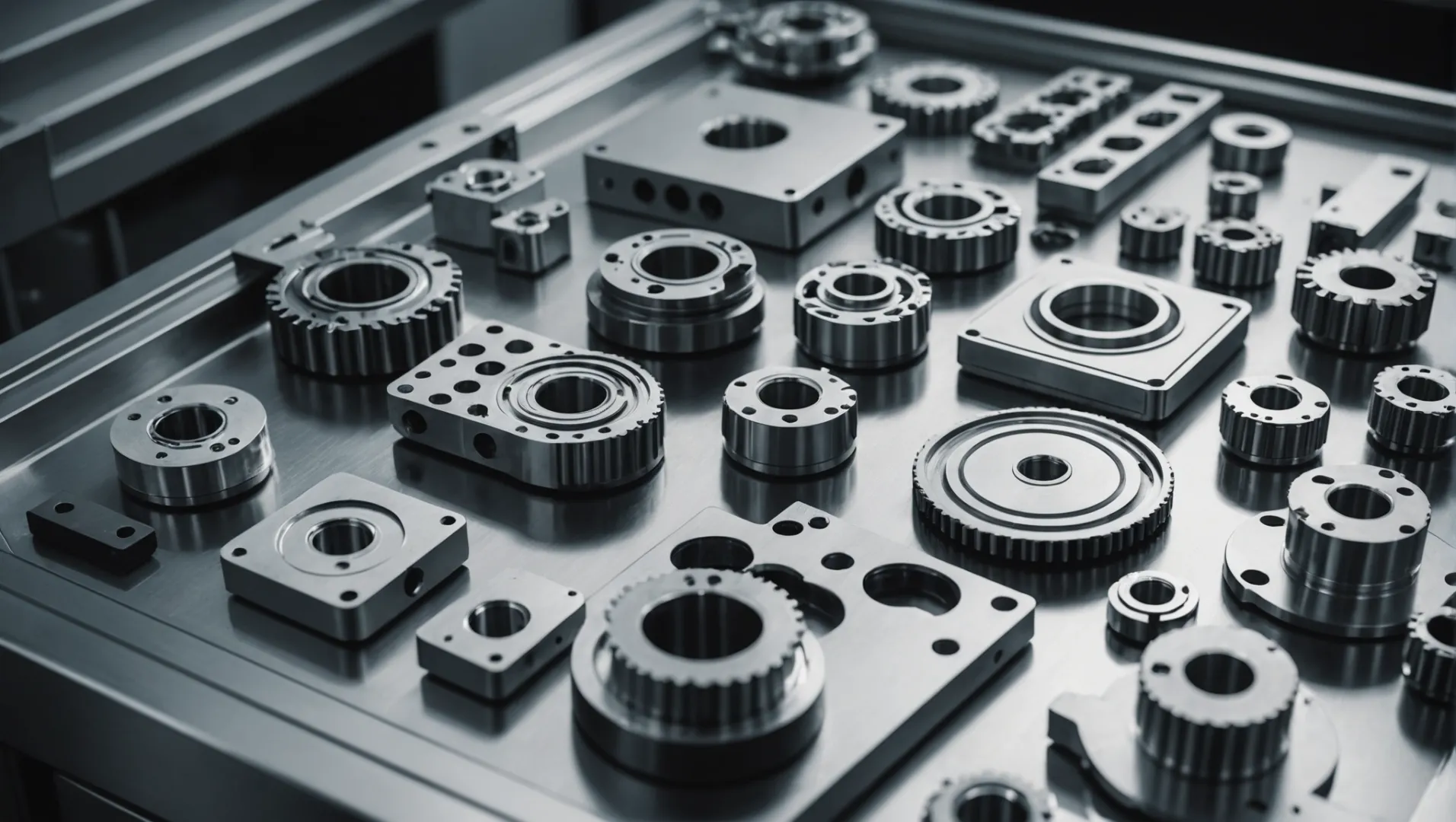
The event gathers defense contractors, CNC suppliers, and global companies. CNC machining firms often display prototypes and components for armored vehicles and defense systems. It is a platform for contracts and partnerships.
| Event | Date | Location | Highlights |
|---|---|---|---|
| Australian Manufacturing Week | Annual | Melbourne / Sydney | CNC, robotics, Industry 4.0 |
| Land Forces Expo | Biennial | Brisbane | Defense CNC parts, global partnerships |
Part 4: Impact of Global Trade Policies
Trade policies affect Australia’s CNC machining industry, especially with reliance on imported raw materials. Tariffs and shipping delays can raise costs. Manufacturers adapt by using local suppliers where possible.

Defense procurement policies encourage local content, which benefits CNC firms. Many companies win contracts by showing they can produce critical parts domestically.
International competition is still strong, but Australia focuses on niche, high-precision markets where quality and certifications matter more than price. This gives them a stable advantage in aerospace and defense.
Part 5: Conclusion
CNC machining in Australia has solid growth potential. Defense, aerospace, and medical industries are creating demand for high-precision work. Local firms that combine CNC machining with innovation, like hybrid manufacturing, will keep gaining ground.
Challenges include reliance on imports, global competition, and high local costs. The companies that invest in automation, certification, and partnerships will thrive, while others may struggle to compete.
Recommended Reading:
CNC Machining Services Malaysia
CNC Machining France
CNC Machining France
CNC Machining Russia
CNC Machining Uk
CNC Machining Brazil
CNC Machining Canada
CNC Machining Spain
CNC Machining Services Malaysia
CNC Machining France
CNC Machining France
CNC Machining Russia



